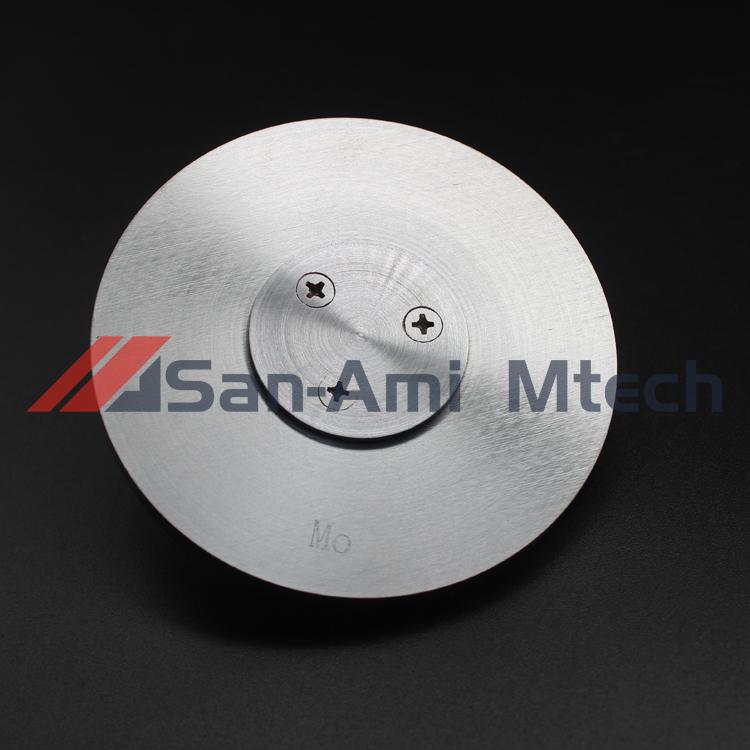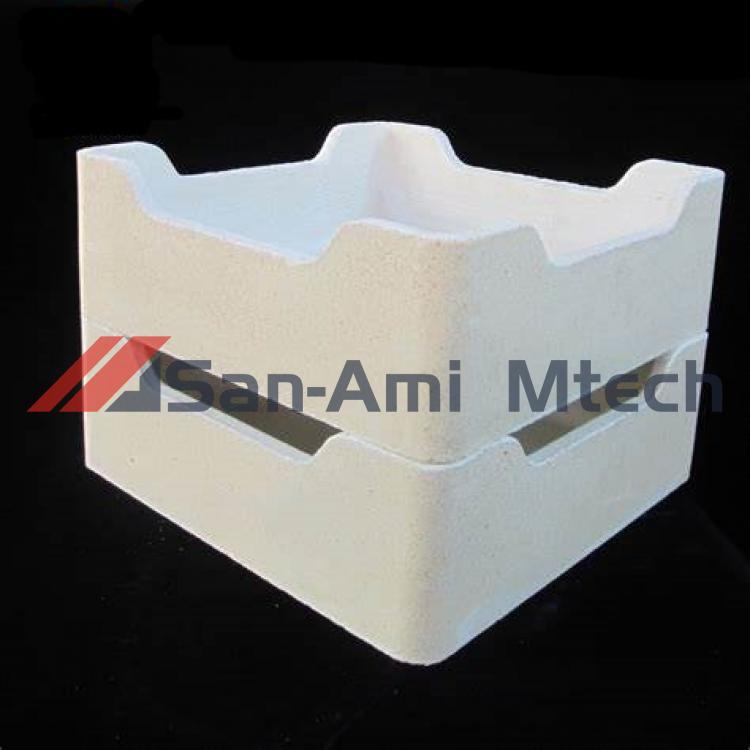Description
Silicon carbide roller
Silicon carbide rollers are formed by extrusion and are sintered under high temperature. Based on user's design drawings, drilling, grooving and fine finishing of both ends of the inner and outer diameters can be made to meet the user's engineering installation requirements.
Typical application
Conveying rollers in high-temperature roller kilns.
Application industries: sintering process of technical ceramics, DPF, lithium battery anode and cathode materials, electronic ceramic powder, sanitary ware, daily ceramics, magnetic materials, refractory materials and other materials.
Advantages
Strict factory procedures:
Each roller straightness needs to be laser tested before leaving the factory.
Each roller needs to be tested by a 70Mpa standard bending strength testing machine to ensure the reliability of each roller.
Strong durability:
Compared with traditional reaction sintered silicon carbide (SiSiC), recrystallized silicon carbide (R-SiC) and nitride bonded silicon carbide (N-SiC), they can bear higher loads at higher temperature for longer period of time, Therefore, the productivity of the unit furnace can be increased.
Stable performance:
The excellent chemical resistance of silicon carbide rollers allows it to work for a long time in strong corrosive atmospheres and ionic environments, and has a longer life.
The strong oxidation resistance of silicon carbide rollers allows it to work stably for a long time even in an oxidizing atmosphere, and has a longer life.
Silicon carbide rollers are formed by extrusion and are sintered under high temperature. Based on user's design drawings, drilling, grooving and fine finishing of both ends of the inner and outer diameters can be made to meet the user's engineering installation requirements.
Typical application
Conveying rollers in high-temperature roller kilns.
Application industries: sintering process of technical ceramics, DPF, lithium battery anode and cathode materials, electronic ceramic powder, sanitary ware, daily ceramics, magnetic materials, refractory materials and other materials.
Advantages
Strict factory procedures:
Each roller straightness needs to be laser tested before leaving the factory.
Each roller needs to be tested by a 70Mpa standard bending strength testing machine to ensure the reliability of each roller.
Strong durability:
Compared with traditional reaction sintered silicon carbide (SiSiC), recrystallized silicon carbide (R-SiC) and nitride bonded silicon carbide (N-SiC), they can bear higher loads at higher temperature for longer period of time, Therefore, the productivity of the unit furnace can be increased.
Stable performance:
The excellent chemical resistance of silicon carbide rollers allows it to work for a long time in strong corrosive atmospheres and ionic environments, and has a longer life.
The strong oxidation resistance of silicon carbide rollers allows it to work stably for a long time even in an oxidizing atmosphere, and has a longer life.





